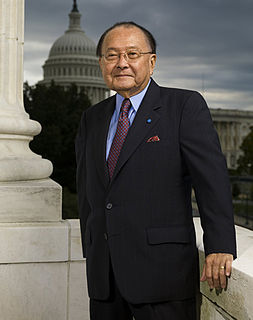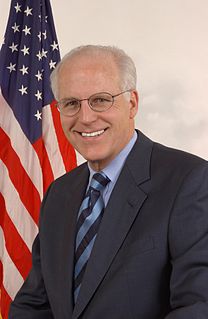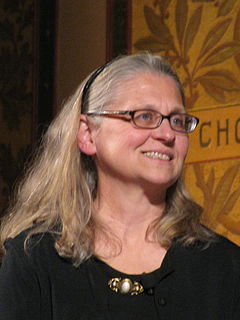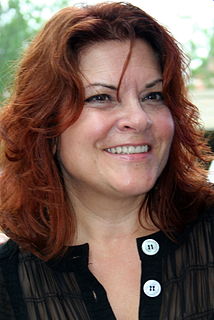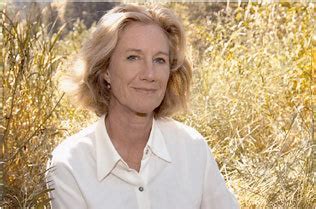A Quote by Norman Mailer
What were the phenomena of the world today? If I knew little else, I knew the answer - war, and the preparations for new war.
Related Quotes
Today, we have a powerful military that serves as a deterrent, but the enemy we have today is not like World War II, where you sign a piece of paper and the war is over. Today they're not in uniform. In my time we knew what the enemy looked like, we knew his weapons systems and such. Today, your cab driver may be the person, you have no idea. I don't know how we got into this fix, but we're there.
During my childhood and teenage years, everything I knew was at war. My mother and father were at war. My sister and I were at war. I was at war with my atypical nature, desperately trying to fit in and be normal. Even my genes were at war - the cool Swiss-German side versus the hot-headed Corsican.
This new war, like the previous one, would be a test of the power of machines against people and places; whatever its causes and justifications, it would make the world worse. This was true of that new war, and it has been true of every new war since... I knew too that this new war was not even new but was only the old one come again. And what caused it? It was caused, I thought, by people failing to love one another, failing to love their enemies.
I was born just after the end of World War II, and with my friends in our little suburban backyards in New Jersey, we used to play war a lot. I don't know if boys still play war, they probably do, but we were thrusting ourselves into recent history and we were always fighting either the Nazis or the Japanese.
He [Johnny Cash] was so fragile. We invaded Iraq in March, and he died in September. And because his health was so fragile, he couldn't take the controversy of making a public statement against the war. He knew that people were rabid. They attacked me mercilessly after I did the press conference with Musicians United to Win Without War. He knew that he couldn't tolerate that.
When I was in high school in the early 1970s, we knew we were running out of oil; we knew that easy sources were being capped; we knew that diversifying would be much better; we knew that there were terrible dictators and horrible governments that we were enriching who hated us. We knew all that and we did really nothing.

